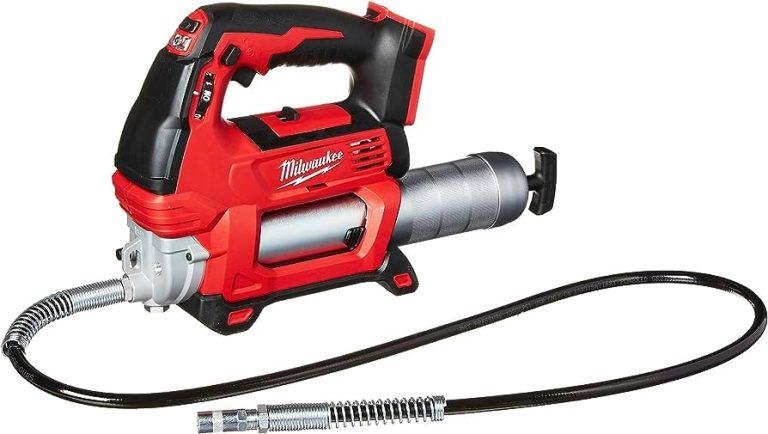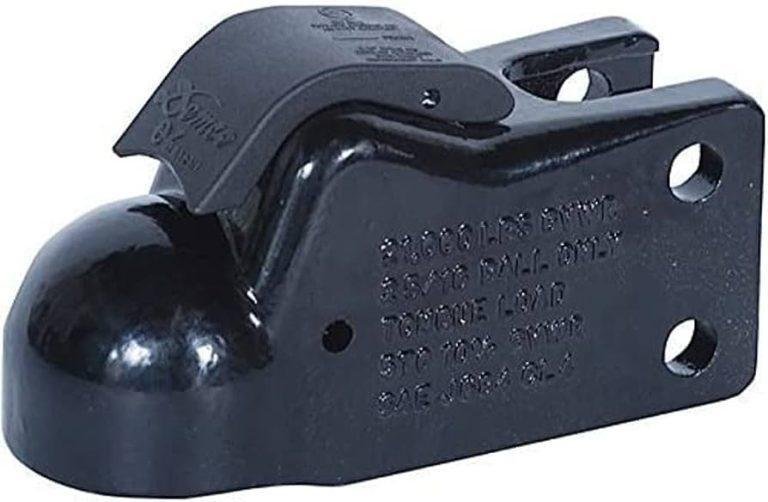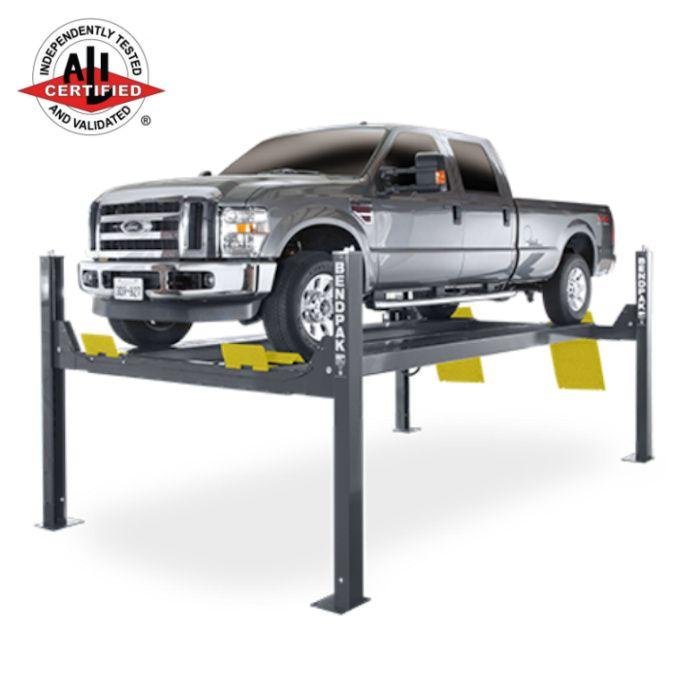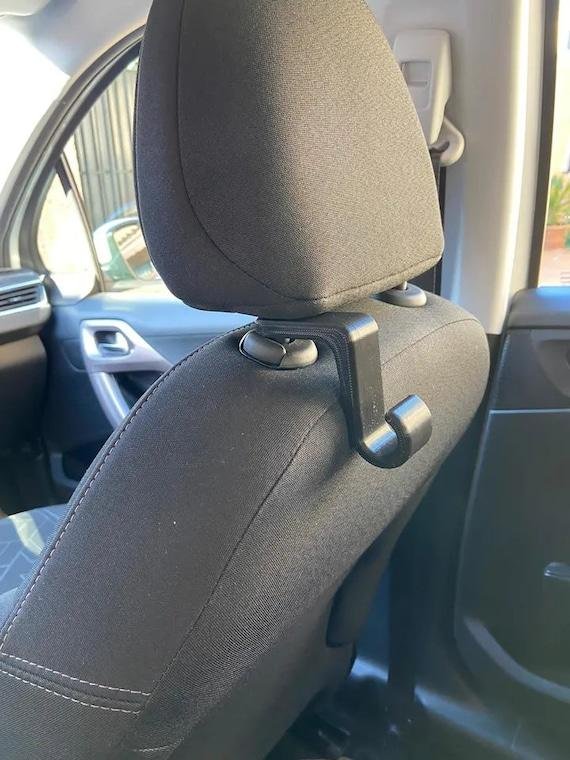Yes, hitch height does affect tongue weight. The height of the hitch can influence how the trailer tongue weight is distributed.
Finding the right balance between the hitch height and tongue weight is crucial when towing a trailer. The hitch height refers to the vertical distance between the ground and the hitch point where the trailer attaches to the towing vehicle.
On the other hand, tongue weight is the downward force exerted on the hitch by the trailer’s tongue. These two factors are interconnected, and the height of the hitch can significantly impact how the tongue weight is distributed. By understanding the relationship between hitch height and tongue weight, you can ensure a safe and stable towing experience. We will delve deeper into the impact of hitch height on tongue weight and explore some best practices for achieving the optimal towing setup.

Credit: issuu.com
Understanding Hitch Height And Tongue Weight
Understanding the relationship between hitch height and tongue weight is crucial. Hitch height does indeed impact tongue weight, as adjusting it can affect the balance and stability of your trailer, ensuring optimal towing performance. It’s important to find the right hitch height for your specific towing setup for a safe and smooth experience.
Hitch height and tongue weight are two important factors to consider when it comes to towing a trailer. The relationship between these two elements can greatly impact your towing experience and the overall safety of your vehicle. In this section, we will delve into the concept of hitch height and tongue weight, exploring their definitions and how they are interconnected.
What Is Hitch Height?
- The hitch height refers to the vertical distance from the ground to the hitch receiver on your vehicle.
- It is crucial to determine the proper hitch height to ensure the trailer is level when connected to your vehicle.
- The ideal hitch height can vary depending on the type of trailer you are towing, as well as the specific vehicle you are using.
What Is Tongue Weight?
- Tongue weight, also known as vertical load or coupler weight, is the downward force exerted on the hitch ball by the trailer.
- It is essential to have an appropriate tongue weight to maintain stability and control while towing.
- Tongue weight is typically expressed as a percentage of the trailer’s total weight. Most experts recommend aiming for a tongue weight between 10% and 15% of the trailer’s weight.
The Relationship Between Hitch Height And Tongue Weight:
- The hitch height can significantly influence the tongue weight of a trailer.
- If the hitch height is too high, it can cause the trailer to be tilted backward, resulting in less weight on the tongue.
- Conversely, if the hitch height is too low, the trailer may tilt forward, causing an excessive tongue weight.
- The ideal scenario is to have the hitch height set so that the trailer is level when attached to the vehicle, ensuring an optimal tongue weight distribution.
- Proper tongue weight distribution contributes to improved handling, better braking, and increased stability.
Understanding the relationship between hitch height and tongue weight is vital for safe and effective towing. By adjusting the hitch height accordingly, you can achieve the optimal tongue weight for your trailer, enhancing the overall towing experience.
Factors That Influence Tongue Weight
Hitch height can have an impact on tongue weight. Higher hitch heights may result in reduced tongue weight, while lower hitch heights can increase tongue weight. It’s important to consider this factor when towing to ensure proper weight distribution and stability.
Trailer design and load distribution:
- Trailer design plays a crucial role in determining tongue weight. Different trailer designs have varying tongue weight characteristics.
- A well-designed trailer will distribute weight evenly, resulting in a balanced tongue weight.
- The location of the axles and the placement of cargo compartments impact how weight is distributed on the tongue.
Proper weight distribution systems:
- Weight distribution systems are essential for maintaining proper tongue weight.
- These systems help redistribute weight from the rear axle of the towing vehicle to the front axle, improving stability and control.
- By transferring some of the trailer’s weight to the front axle, the tongue weight is appropriately distributed.
Impact of varying hitch heights on tongue weight:
- The hitch height can affect tongue weight, and it’s crucial to understand this relationship.
- When the hitch height is too high, it increases the tongue weight. Conversely, if the hitch height is too low, it reduces the tongue weight.
- It is essential to ensure that the hitch height is correctly set to achieve optimal tongue weight.
A well-designed trailer that evenly distributes weight and properly utilizes weight distribution systems contributes to maintaining the correct tongue weight. Additionally, adjusting the hitch height to the right level is crucial for achieving the desired tongue weight and ensuring safe towing.
Remember, proper tongue weight is key to a stable and controlled towing experience.
The Effects Of Hitch Height On Tongue Weight
The hitch height can have an impact on the tongue weight of a vehicle. Proper adjustment of the hitch height is essential to ensure optimal tongue weight distribution for safe towing. Adjusting the hitch height helps maintain stability and prevents potential accidents on the road.
Hitch height plays a crucial role in maintaining the proper tongue weight of a trailer. Understanding the effects of hitch height can help you ensure a safe and stable towing experience. In this section, we will explore the optimal hitch height for maintaining tongue weight, common issues that arise from improper hitch height, and how to adjust it for optimal tongue weight.
Optimal Hitch Height For Maintaining Tongue Weight:
- The hitch height should be set to achieve a parallel or slightly downward slope from the trailer frame to the hitch point. This ensures good weight distribution and stability during towing.
- A higher hitch height can cause excessive tongue weight, leading to reduced stability and potential sway.
- Conversely, a lower hitch height can result in insufficient tongue weight, causing poor trailer control and potential fishtailing.
Common Issues Caused By Improper Hitch Height:
- Insufficient tongue weight: If the hitch is too low, the trailer may have inadequate tongue weight, leading to poor control and increased risk of swaying or fishtailing.
- Excessive tongue weight: When the hitch is set too high, the trailer’s tongue weight can become too heavy, potentially overloading the rear of the tow vehicle and reducing stability.
- Uneven weight distribution: Improper hitch height can lead to an uneven distribution of weight between the trailer’s axles, affecting its balance and handling.
How To Adjust Hitch Height For Optimal Tongue Weight:
- Measure the heights of your tow vehicle’s hitch receiver and the trailer’s coupler to determine the height difference.
- If the trailer rides too high at the front, you can raise the hitch by adding a drop hitch or adjusting its position accordingly.
- On the other hand, if the trailer rides too low at the front, you should lower the hitch by either using a rise hitch or adjusting its position.
- Ensure that the trailer is level when hitched up to achieve proper weight distribution.
- Test the towing setup by taking a short drive and checking for any signs of instability or poor control.
Remember, maintaining the correct hitch height is vital for ensuring proper tongue weight distribution, which ultimately contributes to safe towing. By understanding the effects of hitch height on tongue weight and making necessary adjustments, you can enjoy a more stable and secure towing experience.
Frequently Asked Questions For Does Hitch Height Affect Tongue Weight?
Does A Hitch Riser Reduce Tongue Weight?
A hitch riser does not reduce tongue weight. It is designed to raise the height of a trailer hitch, but it does not affect the weight being placed on the hitch. The tongue weight refers to the downward force exerted on the hitch by the trailer.
This weight is determined by the load distribution of the trailer and should be properly calculated and maintained for safe towing. Using a hitch riser may alter the angle or height of the trailer hitch, but it does not change the amount of weight being placed on the hitch.
Therefore, the tongue weight will remain the same regardless of whether a hitch riser is used or not. It is important to ensure that the tongue weight falls within the recommended range specified by the manufacturer for safe and stable towing.
Is It Better To Have Trailer Hitch Too High Or Too Low?
Having a trailer hitch that is too high or too low can lead to poor towing performance and potential safety risks. If the hitch is too high, it can cause the trailer to sway and become unstable during travel. This can increase the risk of accidents and damage to the trailer and the towing vehicle.
Additionally, a high hitch can also affect the distribution of weight, making it harder to control the trailer. On the other hand, if the hitch is too low, the trailer may drag on the ground and cause damage to the roadway or the trailer itself.
It can also affect the handling of the towing vehicle, making it harder to steer or navigate. To ensure optimal towing performance, it’s important to have the trailer hitch at the correct height. This can be determined by considering the height of the towing vehicle and the trailer, and ensuring that they are properly aligned.
It is recommended to consult the vehicle’s owner manual or seek professional advice for the correct hitch height.
Does The Hitch Count Towards Tongue Weight?
Yes, the hitch counts towards tongue weight. The tongue weight is the force exerted by the trailer’s tongue on the hitch. It’s an important factor to consider when towing, as improper tongue weight can lead to instability or even accidents.
The hitch is designed to support a certain amount of tongue weight, and exceeding this limit can damage the hitch or the towing vehicle. To ensure a safe and stable towing experience, it is crucial to check the tongue weight and make sure it falls within the specified range for both the hitch and the towing vehicle.
Proper weight distribution and loading techniques can help achieve the correct tongue weight, ensuring a smooth and secure towing experience.
What Happens If Hitch Ball Is Too High?
If the hitch ball is too high, it can cause towing instability and uneven weight distribution. This can result in a jerky and unstable ride, making it difficult to control the trailer. It can also lead to excessive wear and tear on the suspension system and tires of both the tow vehicle and the trailer.
Additionally, a high hitch ball can cause the trailer to sway excessively, especially during turns or when encountering strong winds. This increases the risk of accidents and loss of control. Therefore, it is crucial to ensure that the hitch ball is properly adjusted to the correct height for safe and stable towing.
Conclusion
It is undeniable that hitch height plays a crucial role in determining tongue weight. As we have discussed throughout this blog post, the height at which the hitch is set can have a significant impact on the distribution of weight between the tow vehicle and the trailer.
By ensuring that the hitch height is properly adjusted, you will be able to achieve the optimal tongue weight for safe and stable towing. Remember, tongue weight is not something to be taken lightly. It affects the overall handling, stability, and braking performance of your towing setup.
Furthermore, failing to properly distribute weight can lead to dangerous sway and loss of control while on the road. Therefore, it is essential to understand the relationship between hitch height and tongue weight and make any necessary adjustments to ensure a safe towing experience.
Whether you are new to towing or have been doing it for years, taking the time to understand and manage tongue weight will ultimately contribute to a smoother and more enjoyable journey. So, before you hit the road, be sure to consider the importance of hitch height and its impact on tongue weight.






